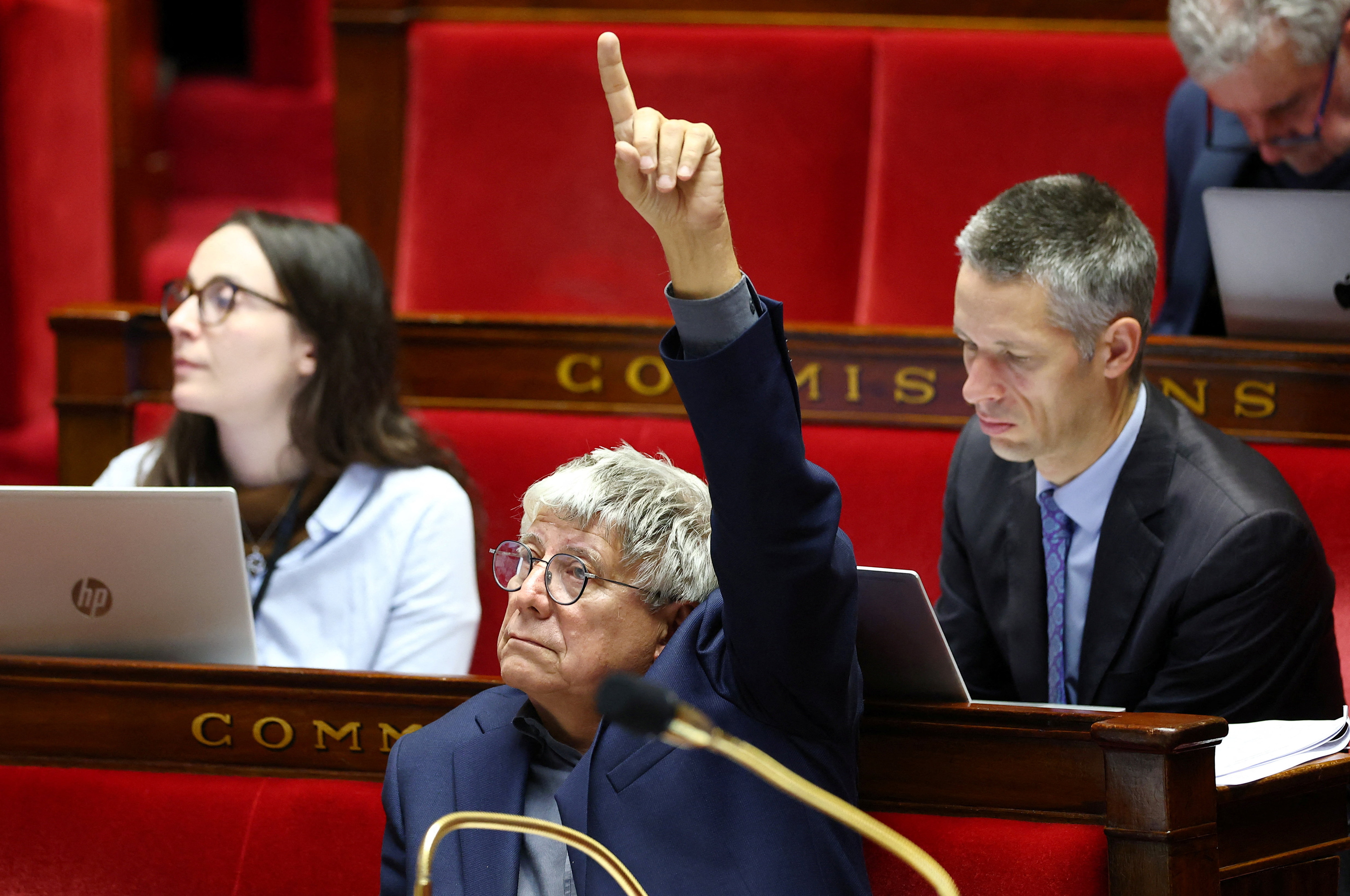French National Assembly Unanimously Rejects 2026 Budget Amid Social Security Deficit Dispute
The French National Assembly has unanimously rejected the 2026 budget proposal amid disputes over public spending increases and Social Security deficit reductions, with Senate-backed cuts at odds with Assembly-approved measures.
- • The Assembly's Finance Committee unanimously rejected the 2026 budget spending section after 75 hours of debate.
- • Proposed expenditures increased by nearly 32 billion euros through amendments, criticized for lacking spending control.
- • Senate proposes drastic cuts to reduce Social Security deficit from 24 billion to 15 billion euros, conflicting with Assembly measures.
- • The government's budget plan faces a legislative deadlock with significant cuts rejected and no majority support.
Key details
On November 19, 2025, the French National Assembly's Finance Committee unanimously rejected the spending section of the 2026 state budget bill after 75 hours of extensive debate. This unprecedented rejection highlights deep divisions over planned public spending and measures to address the growing Social Security deficit.
Deputy Paul Midy from the Renaissance party criticized the proposed budget for lacking control over public expenditures, noting nearly 32 billion euros in additional spending amendments. Eric Coquerel, president of the commission from La France insoumise, pointed out that the net increase in expenditures after approved savings stands at 27 billion euros. Moreover, significant government-proposed budget cuts were rejected, signaling a broad failure to secure majority support for the government's financial plan.
Complicating matters, the French Senate has proposed drastic cuts to bring down the rising Social Security deficit, which is projected at approximately 24 billion euros for 2026. The Senate's social affairs committee aims to reduce this deficit to 15 billion euros by reversing several measures previously approved by the National Assembly. This tug-of-war over Social Security funding underscores the tension between legislative bodies.
Amid the political turmoil, economist Philippe Aghion lamented the "intellectual and economic level" of some deputies, a comment that sparked a challenge from Philippe Juvin for him to run for office.
The chaotic budget process and the Assembly's unanimous rejection mark a critical impasse, casting doubt on the possibility of the amended budget text advancing for full parliamentary examination. The government faces significant hurdles in reconciling conflicting demands on public spending and Social Security deficit reduction as it seeks to finalize the 2026 budget.
This article was translated and synthesized from French sources, providing English-speaking readers with local perspectives.
Source articles (2)
Source comparison
Latest news
PSG’s Achraf Hakimi Sent to Trial Over 2023 Rape Allegations
Study Reveals Severe Financial and Housing Hardships Among French Students
Political Shifts and Calls for Reason Mark the Lead-up to 2026 French Municipal Elections
Seminar Evaluates Economic and Legal Impact of Ruptures Conventionnelles on French Employment
Exceptional Flooding in Early 2026 Paralyzes Key Sectors of the French Economy
Shein Expands Retail Presence in Five French Provincial Cities Ahead of 2026 Municipal Elections
The top news stories in France
Delivered straight to your inbox each morning.

